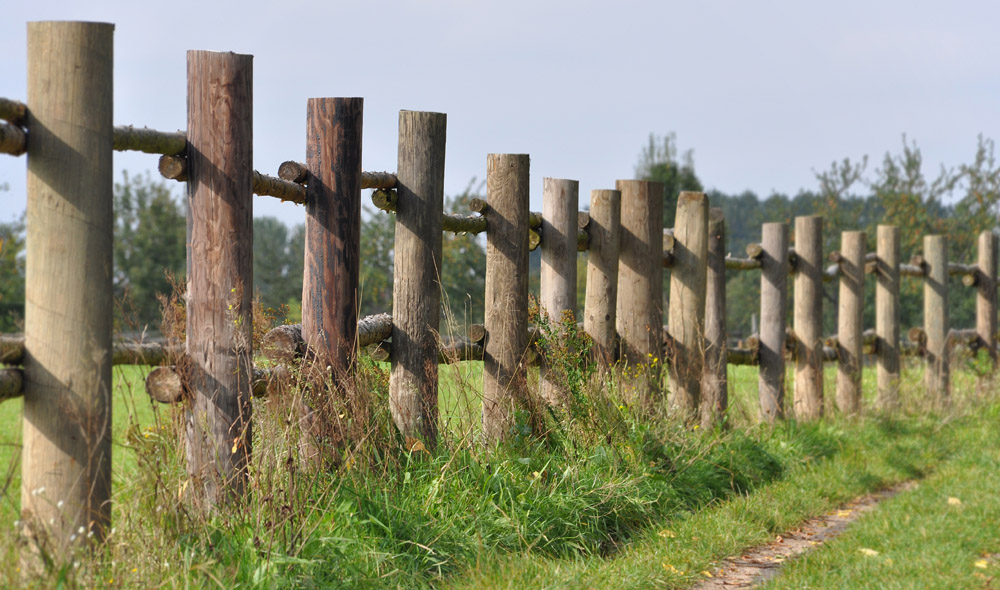When it comes to installing fence posts, cement is a commonly used material for providing stability and strength. However, there are situations where using cement may not be practical or desired. Fortunately, there are alternative methods available that allow you to install fence posts without cement. In this blog, we will explore some of these alternatives and discuss their benefits and considerations.
- Post Anchors
Post anchors are metal brackets or sleeves that can be driven into the ground to support fence posts. These anchors have flanges or spikes that provide stability and prevent the posts from shifting. They are typically made from galvanized steel or other durable materials, ensuring longevity. Post anchors are available in various sizes and designs to accommodate different post diameters and types of fencing.
- Ground Screws
Ground screws, also known as ground anchors or screw piles, are long metal screws with helical blades that are twisted into the ground. These screws create a stable foundation by utilizing the resistance generated from the rotation. Ground screws offer quick and efficient installation without the need for digging or concrete. They work well in various soil types and provide excellent stability for fence posts.
- Driven Posts
For certain types of fences, such as temporary or lightweight installations, driven posts can be a viable option. These posts are typically made of metal or wood and are driven into the ground using a post driver or mallet. The force applied pushes the posts into the soil, securing them in place. Driven posts are suitable for temporary fences, electric fences, or situations where the soil conditions allow for easy insertion.
- Tensioning Systems
In some cases, a tensioning system can be used to provide stability to fence posts. This method involves using wire or cables attached to anchor points on each end of the fence line. The tension from the wires helps keep the posts upright and prevents them from leaning or shifting. Tensioning systems work well for certain types of fences, such as wire mesh or chain link fences, and are particularly useful in areas with soft or loose soil.
Considerations
When installing fence posts without cement, there are a few considerations to keep in mind
- Soil Conditions Ensure that the soil is suitable for the chosen method. Soft or sandy soil may require additional reinforcement or a different installation approach.
- Fence Type Different fence types may have specific requirements for stability and support. Consider the weight, height, and design of the fence when selecting the installation method.
- Local Regulations Check with local authorities or homeowner associations to ensure compliance with any regulations or restrictions regarding fence installation.
While cement is a common choice for installing fence posts, it is not the only option available. By considering alternatives such as post anchors, ground screws, driven posts, or tensioning systems, you can successfully install fence posts without cement. Each method has its benefits and considerations, so it’s important to assess your specific needs and the conditions of your project before deciding on the most suitable installation approach. With the right method and proper installation, you can achieve a sturdy and reliable fence that meets your requirements.







